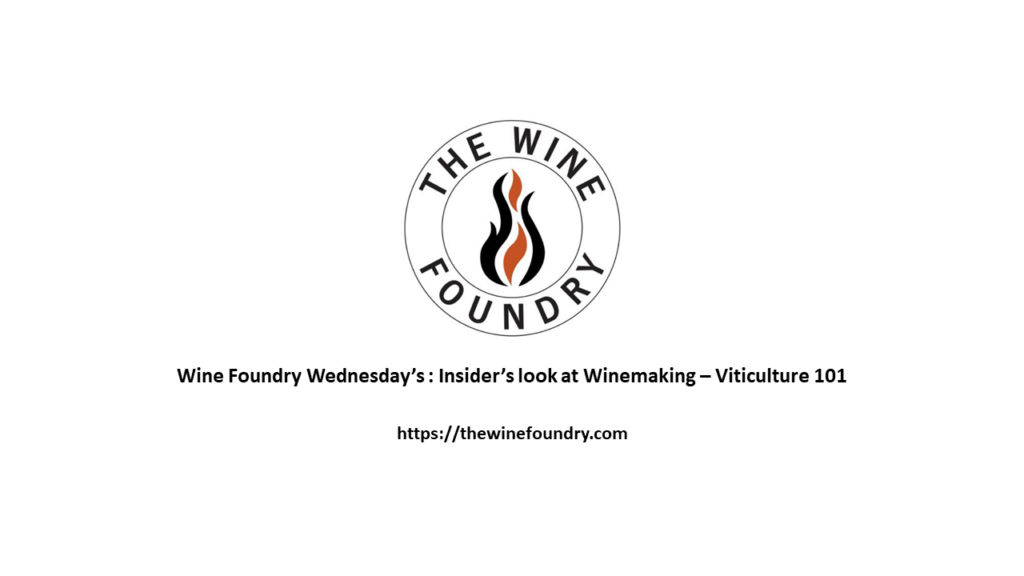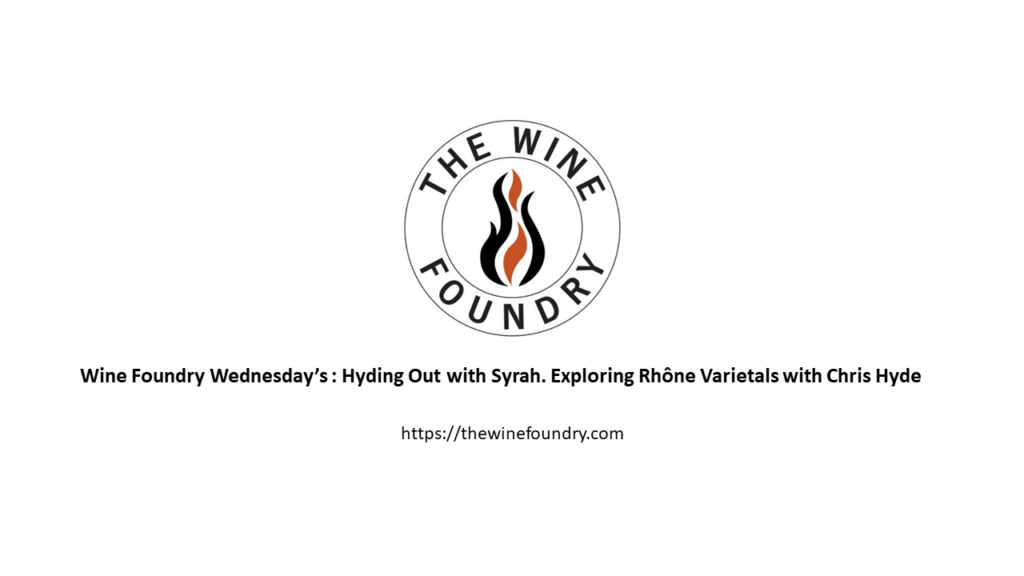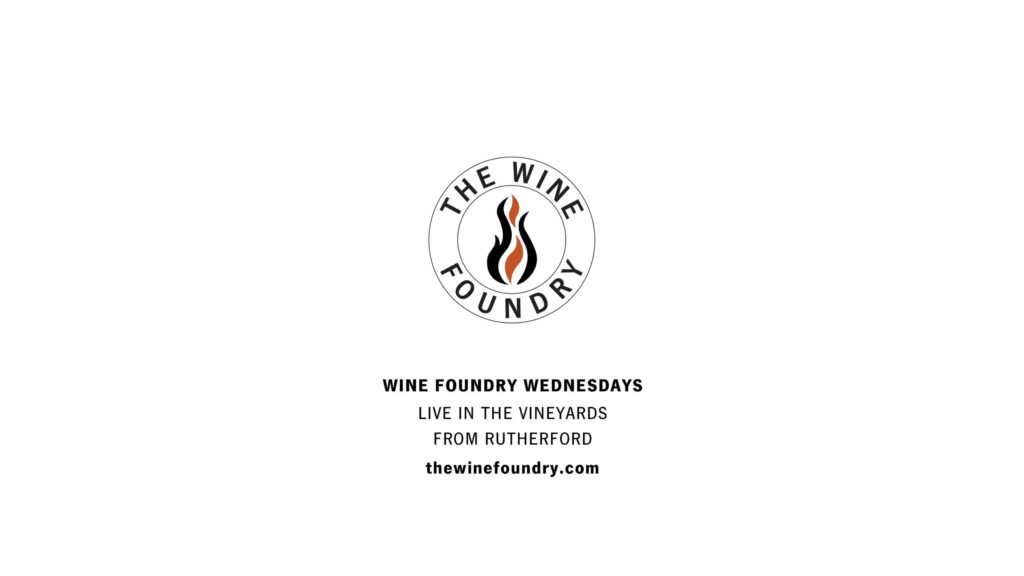Selling to restaurants can be a valuable distribution channel for your wines, but depending on the state you are selling in, may require different licensing and in many cases a distributor. Please check with Margaret Pratt for information on what is required for specific states.
To get some insider tips on pitching restaurant buyers we were fortunate to have Deanna Knieriem, Senior Operations Manager for Beverage and Food at The Renaissance Lodge at Sonoma on our coaching call this week.
Here are the top 10 insights Deanna shared for working with restaurant wine buyers:
1. Prepare your pricing list in advance. Your list should include what the buyer will be tasting that day, the price by the glass, and the cost price per bottle. Retail pricing is typically double of what you would charge the restaurant. Restaurants mark wine up three times, retailers will mark it up once. The By the Glass price is typically the same as your retail price. If you have scores over 90-pts it might be good to add these to your list.
2. Know what your goal is going into these meetings. By reviewing their wine list you should already have determined where you fit into their portfolio. The By the Glass list will result in higher volume of sales, but the price needs to fit into what they are offering on the list.
3. Find out what their procedure is for seeing producers. Often restaurants & hotels have a day when they set up tasting appointments with the sommelier team.
4. Do your homework. Study their wine list, and the kinds of food they have on the menu. Research who you are meeting with. Have a good idea of which of your wines will go best with their dishes.
5. If working through distributors bringing in a winemaker can help get the sale. Distributors are often not always as knowledgeable about your product as you’d like. Having the winemaker there is always going to increase the likelihood of the sale.
6. Any kind of distributor incentives can make a big difference and can result in increased sales. Sales incentives can include a trip for selling a set number of cases.
7. Your brand story is huge. The restaurant is going to use the story to sell the wine. Make sure you have a great story to tell and practice it first.
8. Be informed about the wines (winemaking information). Have your tech sheets available during the tasting, whether asked about it or not.
9. Offering to do staff training is always a plus. The sommelier team might not do training on your wines if they have a large list, so you might only be limited to the person who is buying ever having tasted your product. Offer to do a staff tasting. Do staff incentive perhaps free bottle or magnum.
10. Offering lobby tastings, wine dinners and hotel amenities can help you get on the list, and maybe you can even offer these extras in tandem. If you are offer to do lobby tastings and you are able to provide the product and someone to pour at no cost they are typically open to it.
To listen to the full interview with Deanna please view the video file.
– By Mindy Joyce, Brand Strategy Coach


